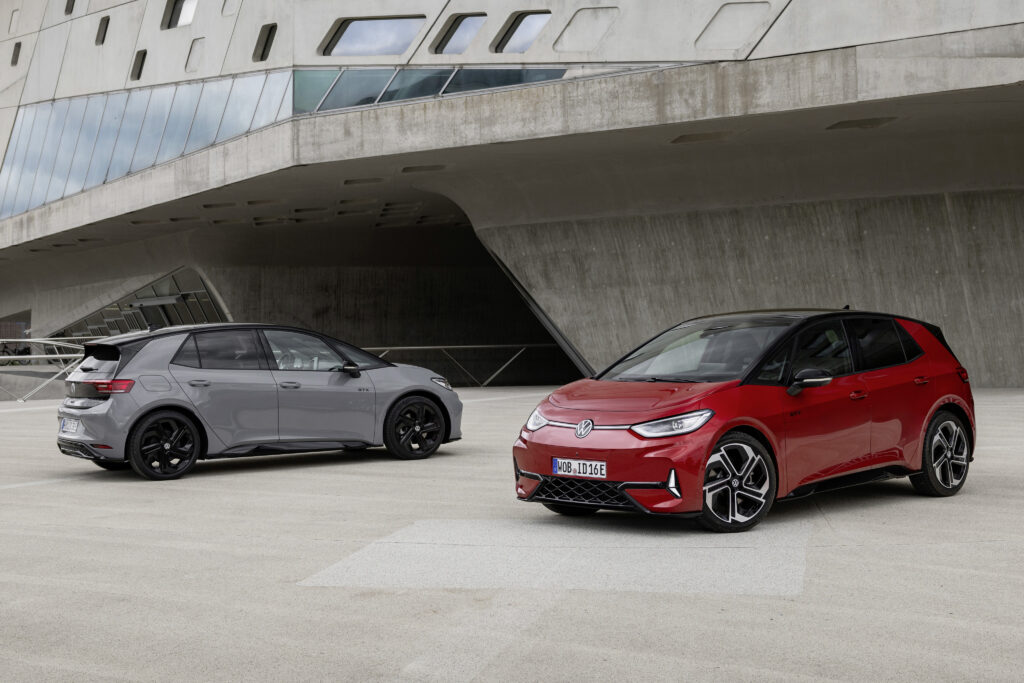
Volkswagen (VOW.DE) and Rivian (RIVN) have officially joined forces in one of the year’s most significant EV deals, forming Rivian and VW Group Technology.
With an investment that’s already grown to $5.8 billion, this joint venture will advance a next-generation electrical/electronic (E/E) architecture and software stack, giving both companies a fresh advantage in the competitive electric vehicle (EV) market.
Here’s how this partnership reshapes the EV landscape and what it means for each brand.
Market Challenges: The Forces Driving the Partnership
This partnership responds directly to the broader challenges both companies face. Global EV demand is shifting as some regions see slower growth and competition heats up. These put a strain on battery production costs, directly impacting EV pricing.
Established automakers like Volkswagen are under pressure to cut costs while staying competitive against newcomers like BYD and Nio, who are entering Western markets with affordable, tech-savvy EVs.
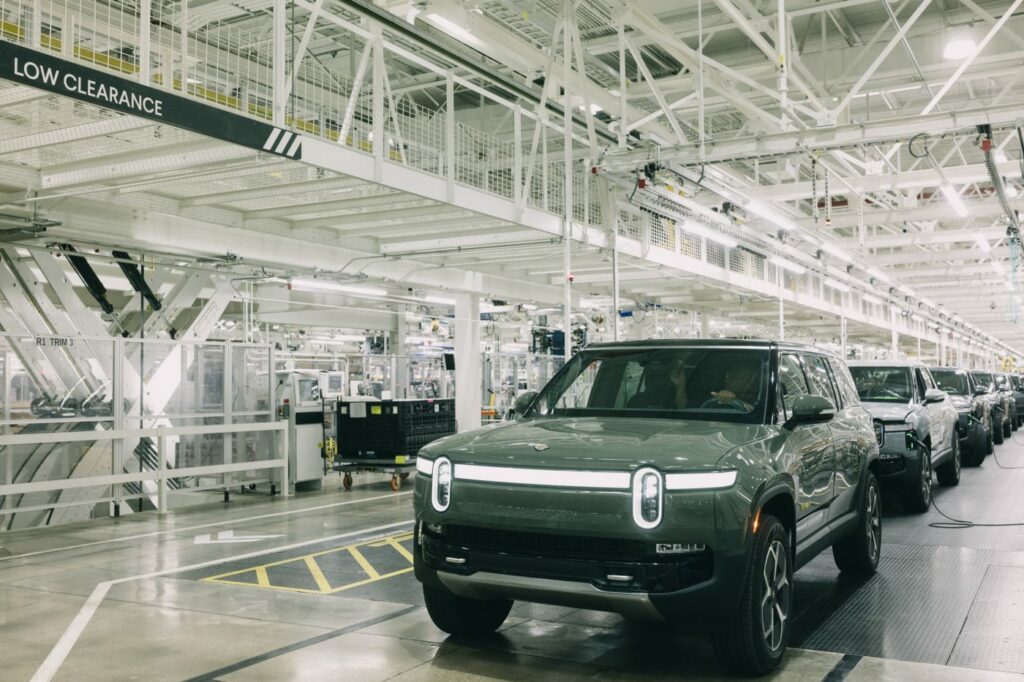
Volkswagen, in particular, sees Rivian’s technology as a solution to streamline production, reduce expenses, and address challenges like delayed in-house software development.
This partnership represents a strategic pivot to stay relevant in a rapidly evolving industry, especially as European emissions targets call for more efficient, scalable solutions.
Rivian’s Game-Changing Software and E/E Architecture
At the heart of this joint venture is Rivian’s unique software and electrical architecture, which sets it apart in the EV world. Known for their zonal hardware design, Rivian’s architecture simplifies vehicle electronics into manageable zones, reducing complexity and production costs.
For Volkswagen, integrating this software allows for more cost-effective development and introduces a software-defined platform that supports over-the-air (OTA) updates—vital for keeping EVs up-to-date without needing hardware changes.
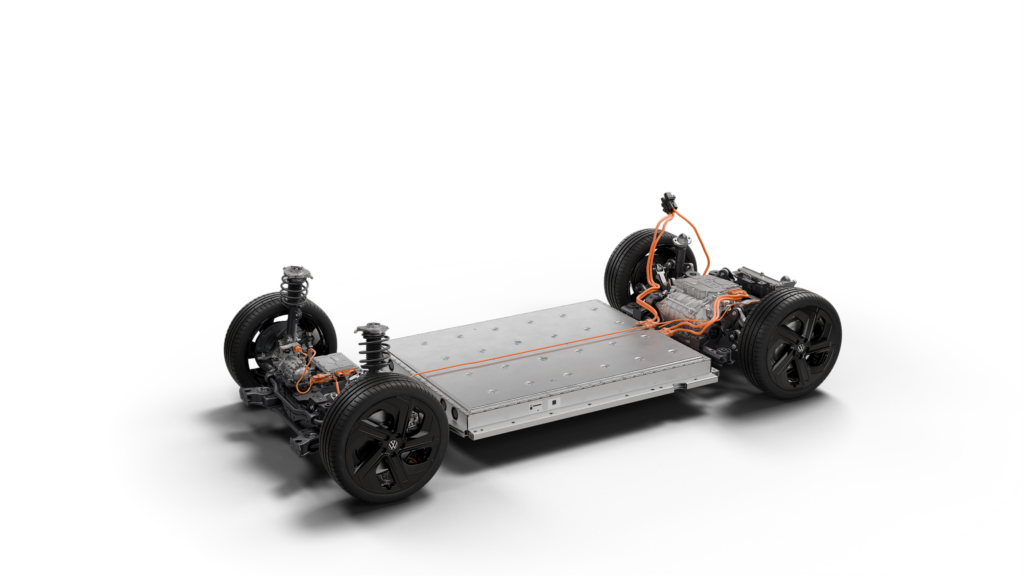
This modernized approach is a leap forward for Volkswagen, whose in-house software struggles have delayed the launch of new EVs.
By leveraging Rivian’s modular, adaptable platform, Volkswagen aims to accelerate development and offer a customer experience that aligns with today’s digital expectations.
The venture’s focus on scalability also hints that this tech may power a range of models across both brands, from entry-level EVs to high-end electric SUVs.
Operational Synergies and Production Efficiencies
For Rivian, this partnership offers immediate financial support, including a cash injection of $1.32 billion this November. This is a key step to launching their R2 model, a more affordable SUV aimed at a broader audience.
Collaborating with Volkswagen also allows Rivian to scale production without massive new investments in its own manufacturing infrastructure, tapping into Volkswagen’s expertise and facilities to meet production targets.
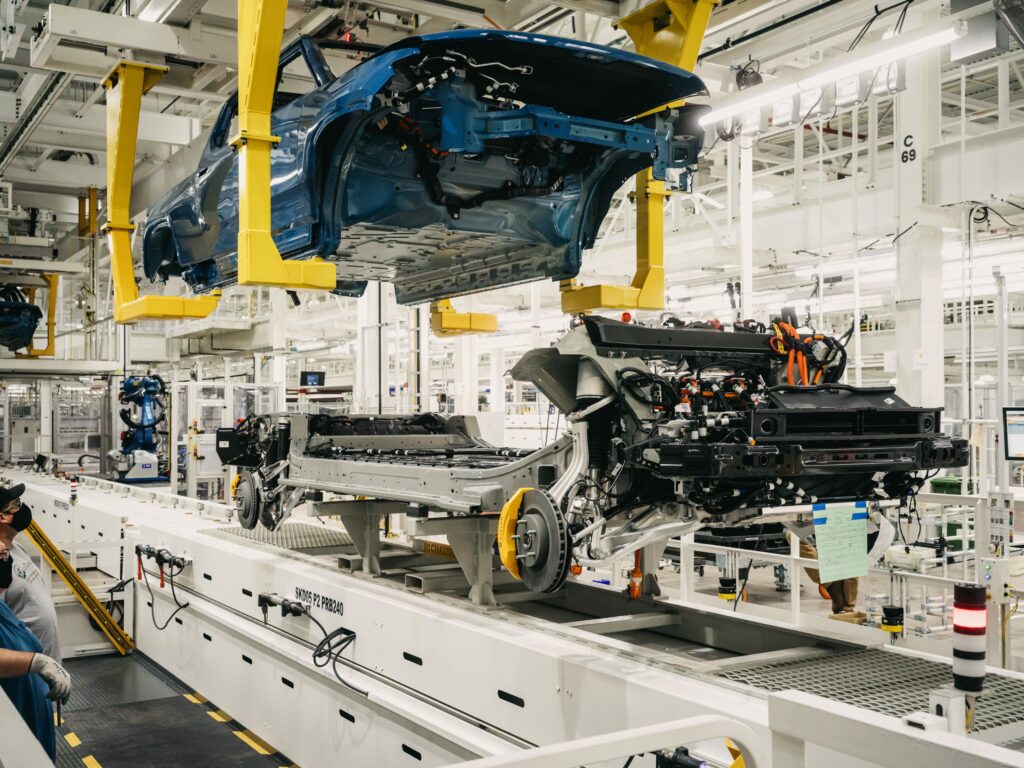
Volkswagen, meanwhile, benefits from Rivian’s innovative approach to EV production. The joint venture creates a streamlined operational model where resources, production techniques, and costs can be optimized, helping both companies achieve efficiencies that would be difficult to realize independently.
Global Expansion Plans and Market Reach
The joint venture’s headquarters will be based in Palo Alto, California, with additional facilities planned across North America and Europe. This setup reflects the venture’s global ambitions, focusing on scalable EV solutions that meet the needs of diverse markets.
For Volkswagen, this collaboration supports their push into the U.S. market while expanding their presence in Europe and Asia.
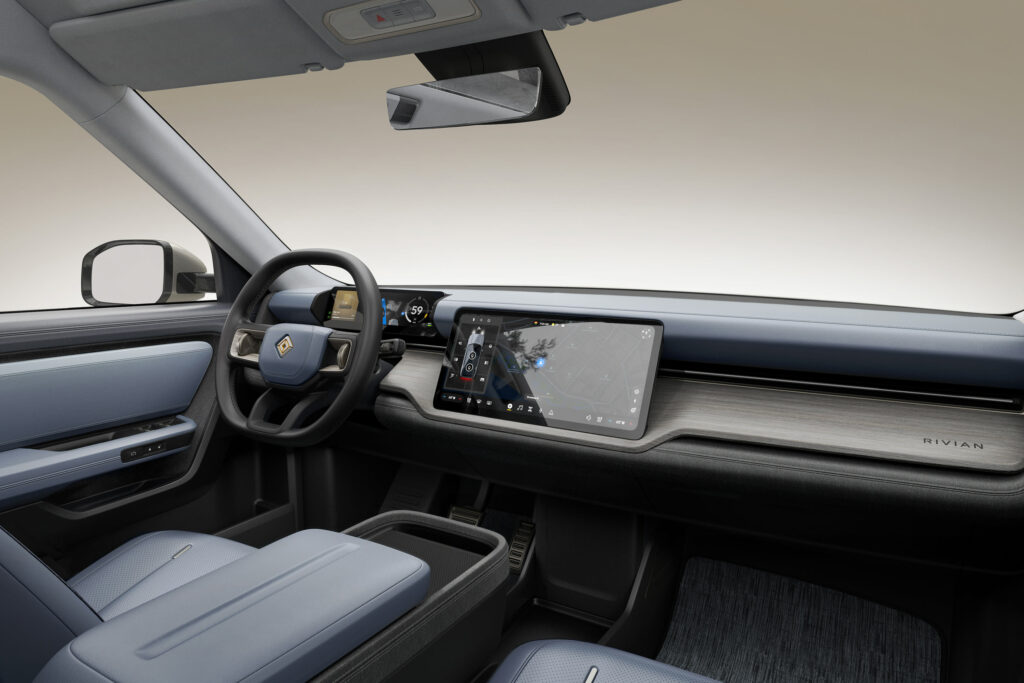
By combining resources, the partnership aims to develop a flexible platform that can support high-volume production for international markets.
With the R2 launch expected in the U.S. in 2026, followed by Volkswagen models in 2027, the joint venture seeks to bring affordable, high-quality EVs to customers worldwide.
Visionary Leadership and Team Dynamics
Leading Rivian and VW Group Technology are co-CEOs Wassym Bensaid from Rivian and Carsten Helbing from Volkswagen. This dual-leadership approach combines Bensaid’s software expertise with Helbing’s engineering background, merging innovation with operational discipline.
Their partnership reflects the broader goals of the venture: uniting Rivian’s technology-driven focus with Volkswagen’s manufacturing acumen.
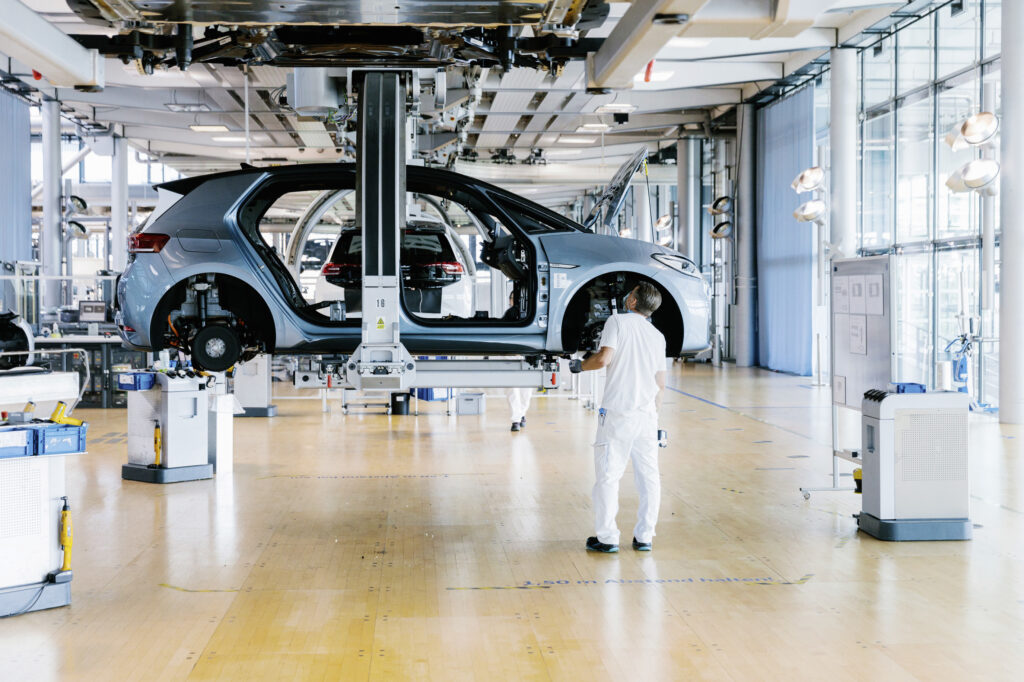
Each leader brings unique strengths to the table, with Bensaid guiding the development of a modular architecture that meets modern standards for software-driven vehicles, and Helbing ensuring these designs can be scaled for global production.
Their complementary expertise promises a synergy that aligns with both brands’ visions and pushes the joint venture toward its ambitious goals.
Charge Complete: A New Era for Electric Mobility
Volkswagen and Rivian’s joint venture represents a bold step forward in EV history. This $5.8 billion partnership isn’t just about financial gain—it’s a blueprint for a future where technology and efficiency drive sustainable progress.
As Volkswagen integrates Rivian’s tech into its models by 2027 and Rivian prepares to launch the R2 in 2026, both companies are poised to expand EV adoption and set new standards for collaboration.
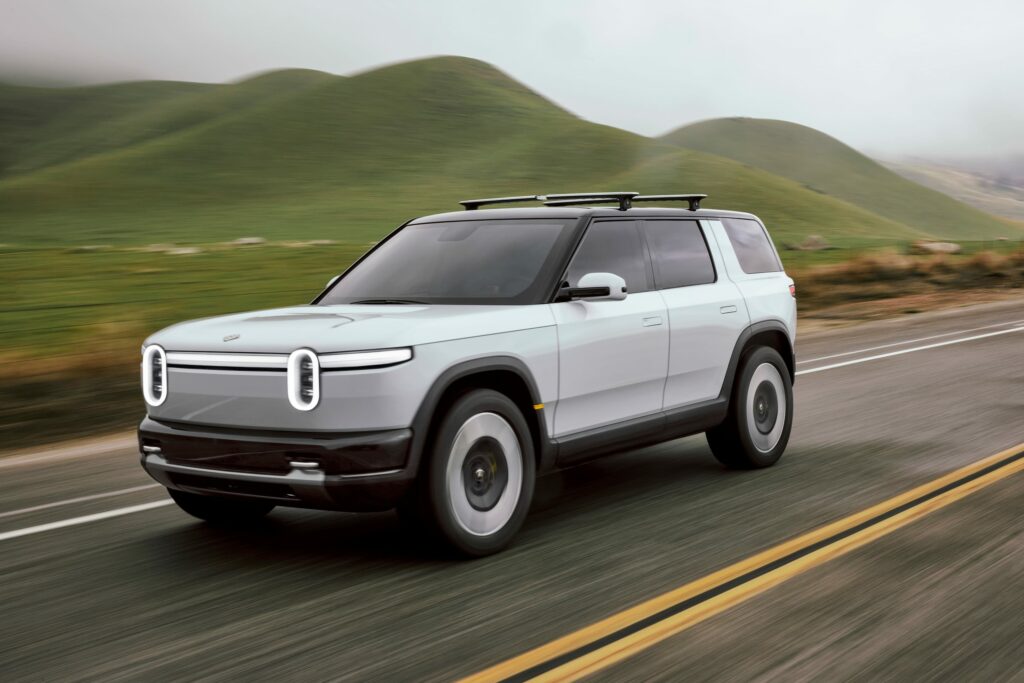
In a rapidly evolving industry, this partnership between legacy and innovation showcases the power of collaboration in shaping the future of electric mobility.
If Volkswagen and Rivian can leverage their unique strengths to overcome market challenges, they may well become leaders in the global transition to sustainable transportation.





This makes since but with Chinese EV car mfgs buried in debt, I can’t help to worry that many of these EU & Australlian Chinese brand buyers will be left high and dry when their companies go under? The EV battle is like the war in Ukraine in that whomever financially collapses first loses.